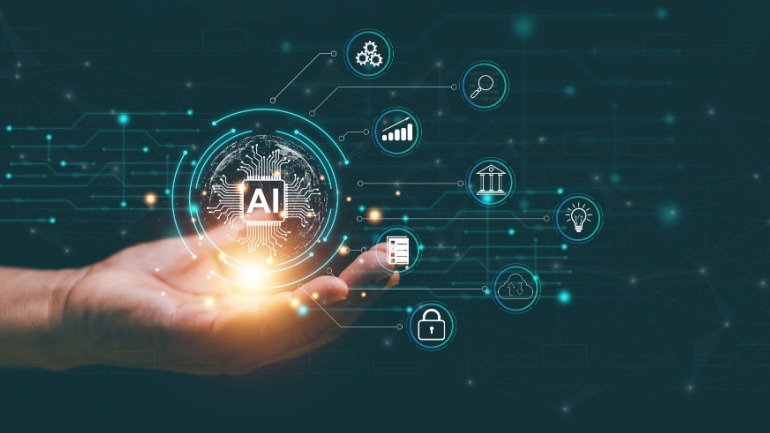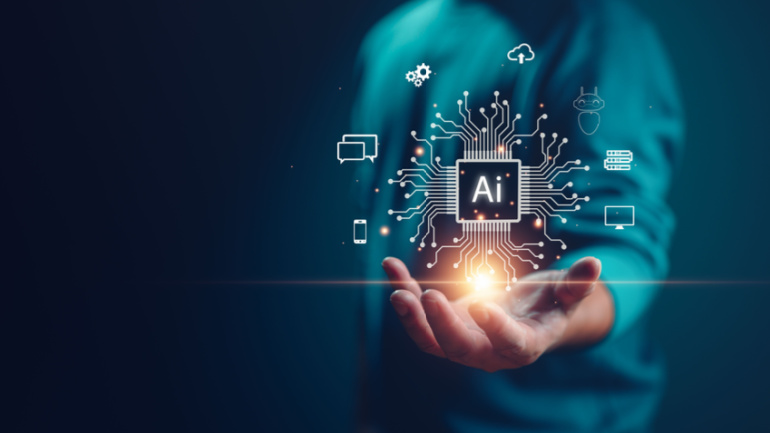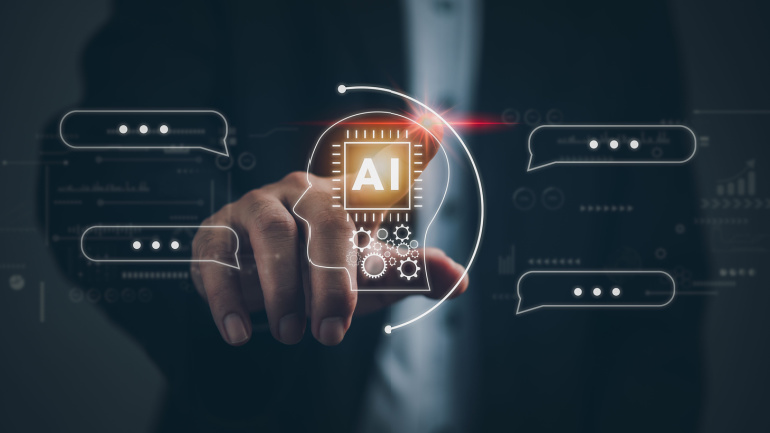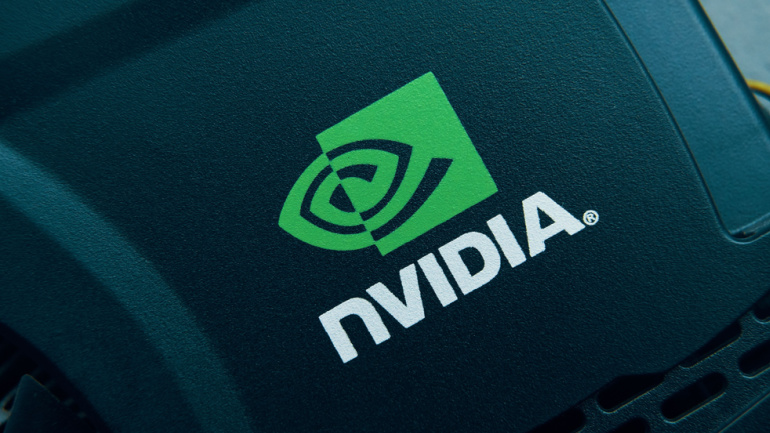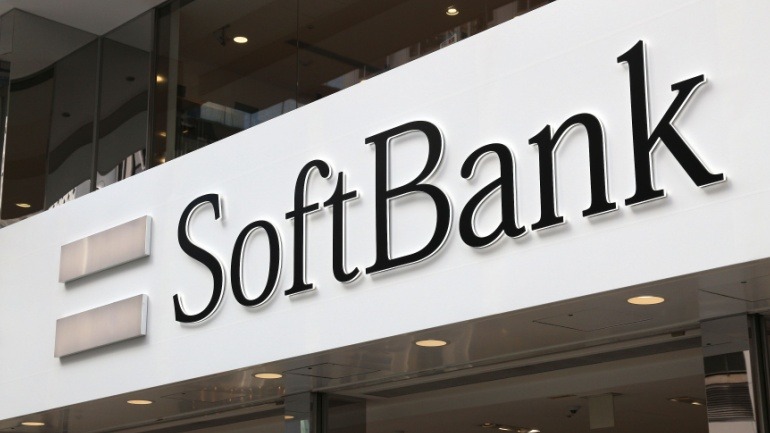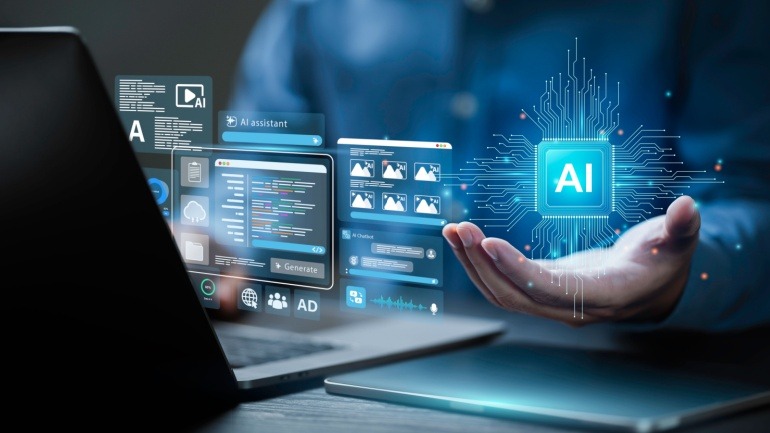NetApp, renowned for intelligent data infrastructure, partners with NVIDIA to enhance generative AI. This synergy accelerates agentic AI development by integrating NVIDIA’s AI software and NetApp’s infrastructure. The unified NetApp ONTAP system manages exabytes of data, enabling rapid AI-powered insights, discovery, and governance across cloud and on-premises environments.
Nvidia and HPE have announced a significant partnership aimed at accelerating the adoption of generative AI among businesses. This new collaboration builds on a decades-long relationship between the two tech giants, promising to streamline AI solutions and integrations for enterprises.
Generative AI’s capacity to curate fresh content is piquing interest within the telecommunications domain with predictions of significant growth. A recent Altman Solon survey revealed that nearly half of the experts in this field are gearing towards adopting this technology within the forthcoming two years. Telecommunications companies are seen to utilize AI power initially to refine customer experiences. Alterations of these AI models to align with specific objectives and eventually, creating new industry-focused models are the subsequent phases. However, data protection concerns circulate around its adoption. Thus, an intricate balance must be reached in refining AI applications and ensuring data safety.
Netcracker’s GenAI Telco Solution, a revolutionary tool that leverages generative AI models to enhance telecom operations, promises to reshape customer experiences and streamline automation. The tool facilitates personalised interaction while anonymizing telecom data and is compatible with widely used GenAI models. Amidst privacy and security concerns, it offers a secure gateway to harness telecom data, promising to boost business value extraction and maximize productivity.
A recent survey unveils how, despite potential risks, most industries, particularly telecommunication firms are embracing generative AI’s benefits. Interestingly, even traditionally cautious sectors, like aerospace and defence show a strong inclination towards AI’s adoption. Yet, as AI integration requires extensive investment in staff skill development, emerging corporate roles like AI auditors or ethicists are anticipated.
Microsoft and Salesforce have emerged as leaders in the low-code space for their integration of generative AI, according to a report by GlobalData, a prominent data and analytics company. The digital transformation era has fueled the demand for rapid app development and intelligent automation, prompting innovative enterprises to explore the potential of emerging technologies. The “Low-Code Platforms: Competitive Landscape Assessment” report by GlobalData highlights the fiercely competitive nature of the low-code market segment. Microsoft has strengthened its position by combining its Power Automate offering with the new Azure OpenAI service. On the other hand, Salesforce has been consolidating its Salesforce Flow/Automation and Einstein tools, including Einstein GPT CRM tools, within its Data Cloud platform. Charlotte Dunlap, Research Director at GlobalData, acknowledges the rapid entry of global public cloud platform providers such as Google, Microsoft, and Amazon into the low-code market. These companies are launching strategies centered around visualization tools, automation…
Thematic integrates Generative AI into their feedback analytics platform, enhancing customer feedback analysis through large language models. Their new Theme Summarizer feature offers easy-to-read summaries, while visualizations and reports aid product decision-making and trend identification.
Nvidia’s groundbreaking Grace Hopper superchip, now in full production, aims to revolutionize generative AI applications and transform various industries, from telecommunications to automotive. Merging advanced CPU and GPU capabilities, it offers improved infrastructure while addressing Open RAN architecture debates.
SoftBank aims to spearhead the artificial super intelligence era, highlights CEO Masayoshi Son. With strategic partnerships involving OpenAI and Arm, SoftBank envisions establishing a global AI platform akin to the dominance seen in tech giants like Microsoft.
Hewlett Packard Enterprise and Nvidia’s AI factory solutions propel AI adoption, featuring AI-ready RTX PRO Servers and HPE Private Cloud AI. Merging Nvidia’s tech with HPE’s ecosystem, they offer a complete AI framework for enterprises.



